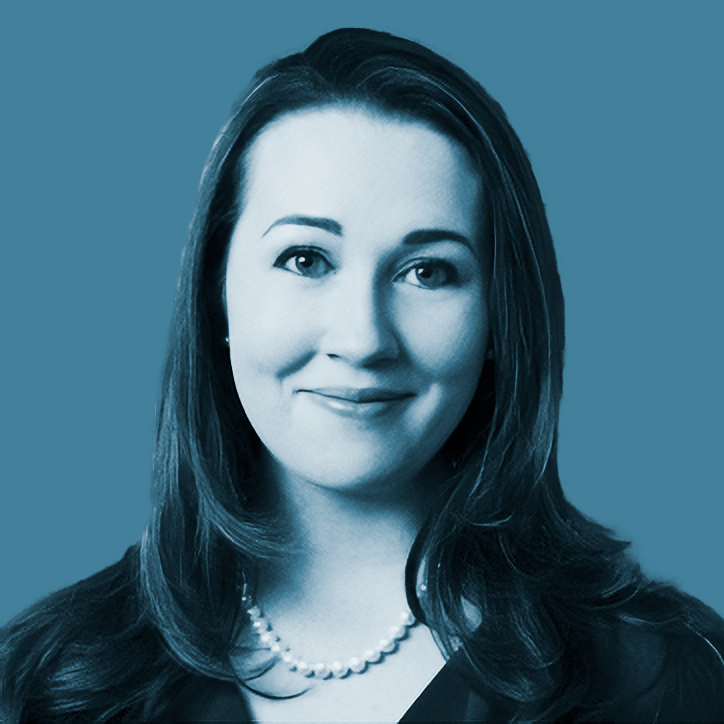Key Terms
- New Hampshire nurse mortgages are tailored for nurses, featuring looser eligibility criteria and potential waivers for Private Mortgage Insurance (PMI), lowering monthly payments.
- These specialized loans often accommodate the unique financial circumstances of nurses, such as irregular income from multiple jobs or overtime, increasing accessibility to home ownership.
- Despite their advantages, nurse mortgages may be less common than traditional loans and could come with additional fees, necessitating thorough financial comparison and consideration.
Known for its tight-knit communities and neighborly spirit, New Hampshire also boasts fine mountainscapes, the Lakes regions, and a handsome coastline. Factoring the pleasant addition of no state income tax and a stunningly low crime rate, it’s quite clear why so many call this New England State home.
The Granite State is also home to a number of medical professionals, including nurses. In fact, data from the Bureau of Labor Statistics tells us that some 16,530 nurses call New Hampshire home. That includes some 1,870 NPs and 14,380 RNs respectively.
For nurses working in New Hampshire, finding a home to buy is not always easy, unfortunately. According to the FED, the median listing price of a single family home in New Hampshire rests at around $599,250, leaving many nursing professionals stuck in a rental cycle.
Nurse mortgages are there to help. Created just for nurses, these programs can give healthcare workers like nurses in New Hampshire an easier way to find and buy a home without breaking the bank!
How Are New Hampshire Nurse Mortgages Different From Other Loans?
The differences between applying for a traditional mortgage and a nurse mortgage in New Hampshire can vary depending on the specific programs and lenders involved. However, here are some general distinctions you might encounter:
Eligibility Criteria: Nurse mortgages often have specialized eligibility criteria tailored to nurses, such as specific employment requirements or income thresholds. These criteria may be more flexible or accommodating compared to traditional mortgages, making it easier for nurses to qualify.
Private Mortgage Insurance (PMI): Some nurse mortgage programs may waive the requirement for private mortgage insurance (PMI), which is typically required for conventional loans with a down payment of less than 20%. This can result in lower monthly payments for nurses.
Documentation Requirements: While both traditional mortgages and nurse mortgages require documentation of income, assets, and other financial information, nurse mortgages may have specific documentation requirements or allowances for certain types of income common among nurses, such as overtime pay or income from multiple jobs.
Finally, nurse mortgages may include specialized offerings designed to meet the unique needs of nurses, including New Hampshire’s 1,870 NPs and 14,380 CRNAs, such as relocation assistance for traveling nurses or loan forgiveness programs for nurses working in underserved areas.
Borrowers who want to become first-time homebuyers need to research all loan programs to find something that’s the right fit for them. Depending on your credit score, your DTI, your interest in refinance options, your income limits, purchase price, targeted closing costs, and other information, you may meet qualifying criteria for a nurse home loan assistance program. Some homeowners can even get down payment assistance depending on their loan amount. Talk to main loan officers with any other real estate lenders to get a handle on their requirements and benefits when buying a primary residence you spotted on the NMLS.
The Pros and Cons of Pursuing a Nurse Mortgage in New Hampshire
Want to consider the pros and cons of taking out a nurse mortgage before you make a decision? Take a look at the following.
Pros
- Nurse mortgages offer a number of advantages to nursing professionals, including:
- Looser eligibility requirements
- No PMI, in some instances
- Lower down payments
Nurse mortgages also give special consideration to the “odd” circumstances inherent in much nursing work, including overtime and multiple jobs. These loans may have different down payment requirements or down payment options when compared with a conventional mortgage, so review things on calculators or use contact information to get more details about specific programs. Unlike fannie mae or FHA loan programs, some nurse mortgages make it easier to bring in higher values of student loan debt. These nurse home purchase programs recognize that healthcare professionals, much like physician mortgage programs, may have applicants with higher than typical student loan debt and DTI, but this does not eliminate these nurses from entering the home buying process. Some may still be eligible for low down payment options on fixed-rate mortgages with good loan repayment terms, too.
Cons
- Can be harder to find than traditional mortgages
- Can include additional fees
Weigh all of this against your financial picture and you’ll be better able to determine whether a nurse mortgage works for you.
Examples of nurses who take out nurse mortgages in New Hampshire
Sarah had been working tirelessly at Dartmouth-Hitchcock Medical Center for years, providing compassionate care to her patients day in and day out. Despite her unwavering dedication to her profession, Sarah had also always dreamed of owning her own home for herself and her family.
As Sarah began researching mortgage options, she stumbled upon a special program tailored specifically for nurses like herself. Intrigued by the possibility of securing a mortgage designed with her profession in mind, Sarah decided to learn more.
Sarah discovered that the nurse mortgage program offered several benefits tailored to nurses, including flexible eligibility criteria, assistance with closing costs, and competitive interest rates. Excited by the prospect of owning her own home with the support of this specialized program, Sarah eagerly began the application process.
Throughout the application process, Sarah found the support and guidance she needed from a knowledgeable mortgage specialist who understood the unique needs of nurses. The specialist helped her gather the necessary documentation, navigate the paperwork, and ensure that she met all the program requirements.
Despite some initial nerves, Sarah’s application was approved, and she received the keys to her new home in short order. As she stepped through the front door for the first time, she felt a sense of pride and accomplishment wash over her. With the support of a nurse mortgage program, Sarah had achieved her dream of homeownership and could finally enjoy the comfort and security of her own space.
Looking for a nurse mortgage in a different state?
If you’re looking to explore the best nurse mortgage in other states, click on your state below.











